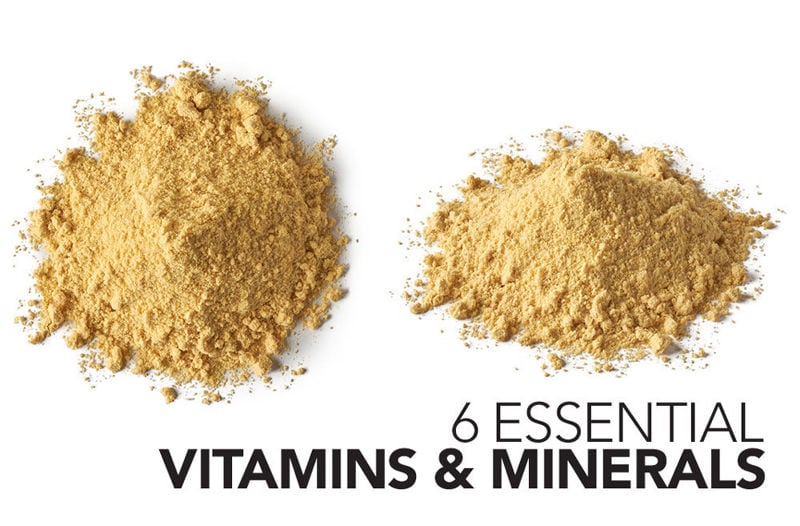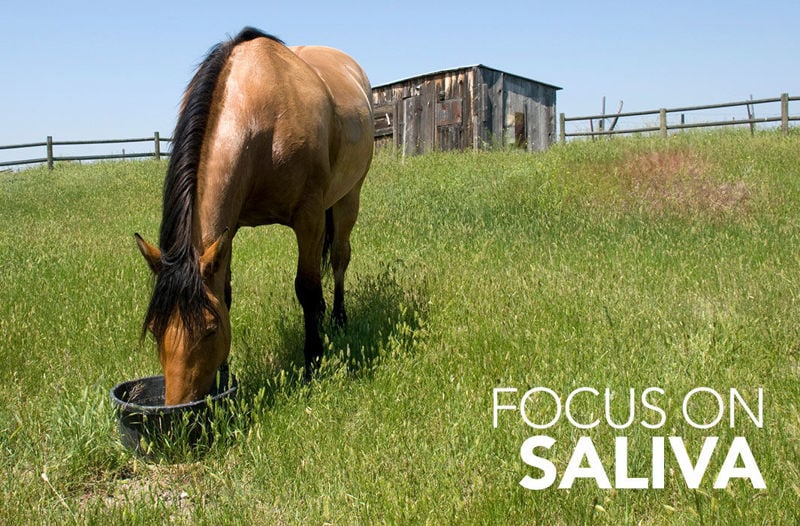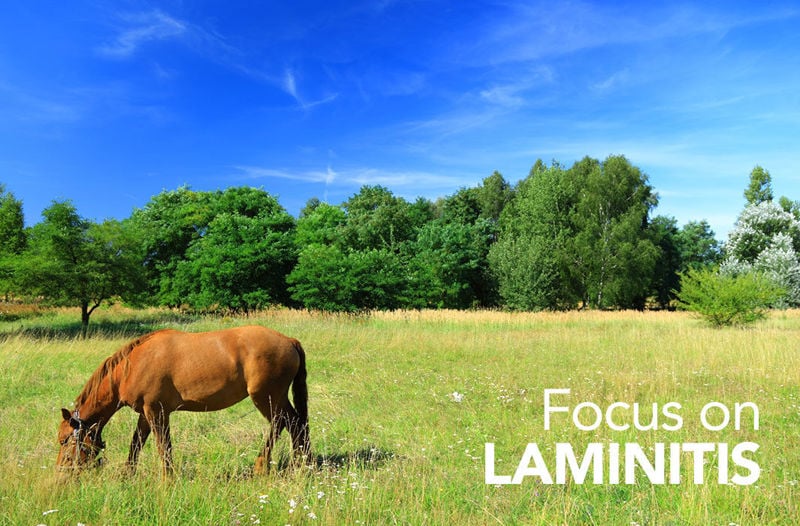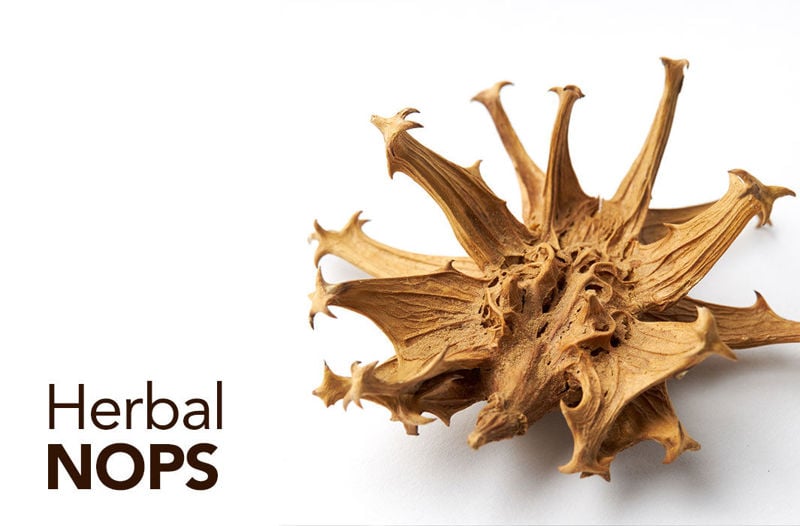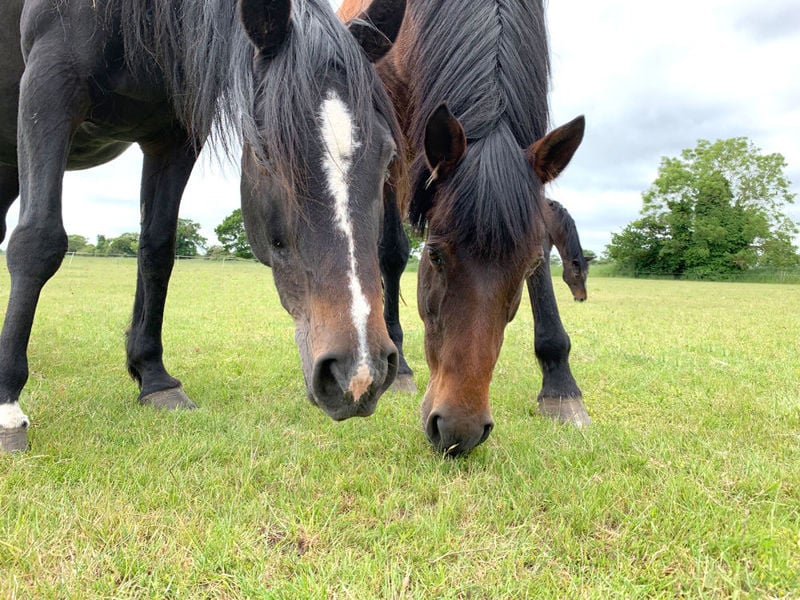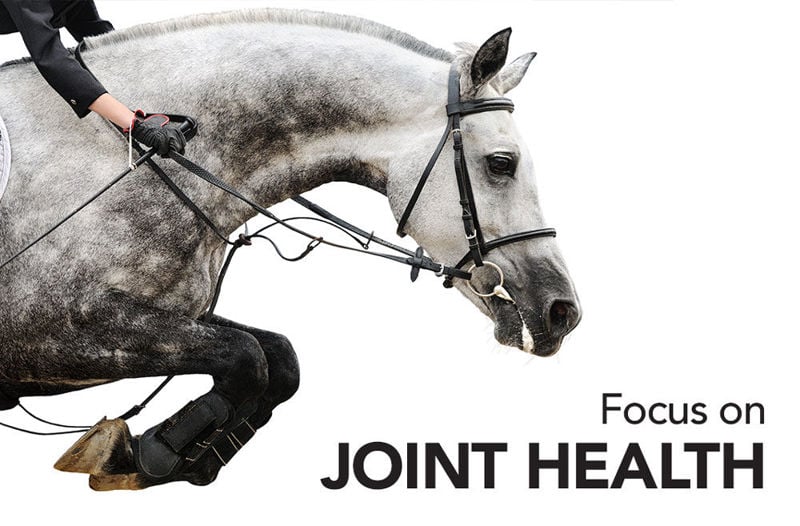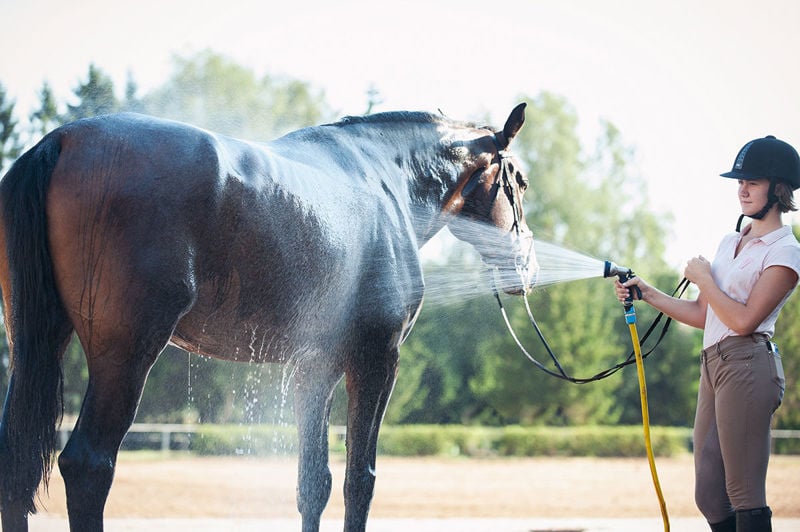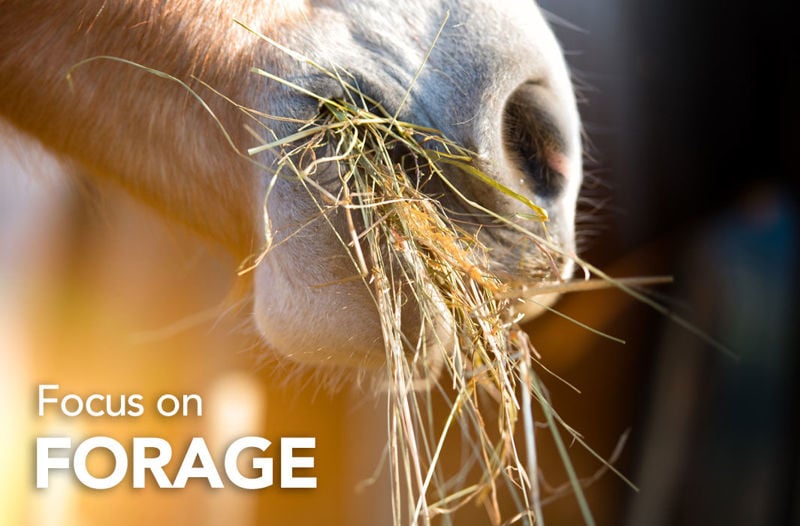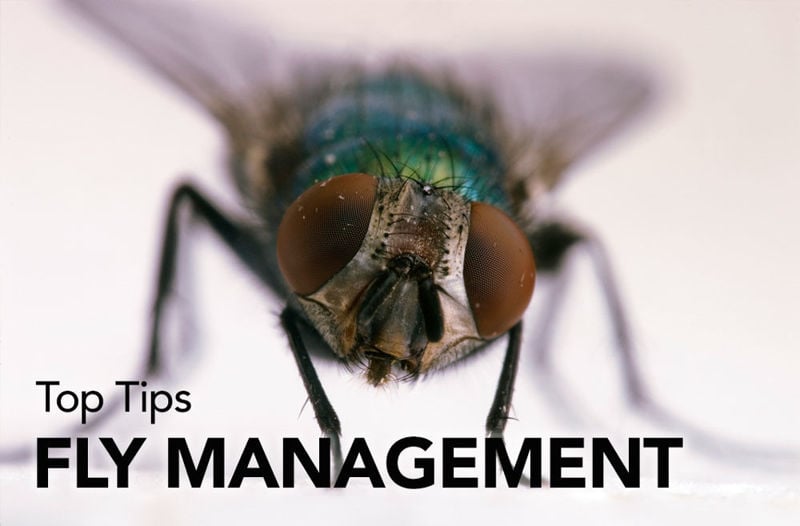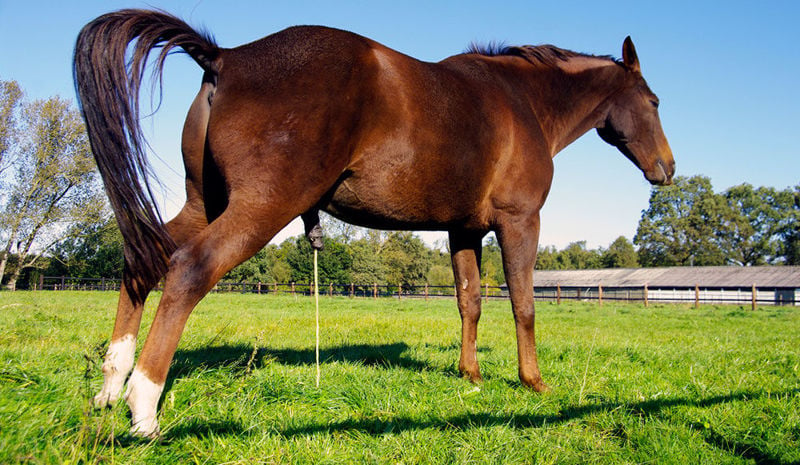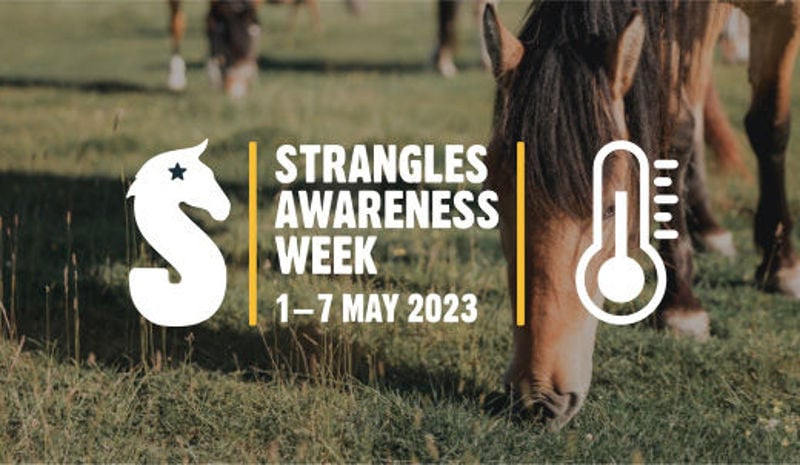This week we look at the vitamins and minerals that your horse won't get from grass alone and how you can top-up their intake.
Filters
Blog Options
Blog archive
- 2025
- 2024
- 2023
- 2022
- 2021
- 2020
- 2019
- 2018
- 2017
- 2016
- 2015
- 2014
Close
45 YEARS AT THE CENTRE OF EQUINE NUTRITION™

- Bespoke All-in-One™
-
Products
- Back
- Horse Joint Supplements
- Horse Digestion Supplements
- Horse Muscle Supplements
- Horse Vitamins & Minerals
- Horse Calming Supplements
-
Horse Respiratory Supplements
- Back
- Clarity®
- Horse Hoof Supplements
- Horse Skin & Coat Supplements
- Horse Health Supplements
- Supplements for Older Horses
- Horse Breeding Supplements
-
Horse Hormone Supplements
- Back
- Hormonease™
- Horse Treats
-
Herbs for Horses
- Back
- Boswellia
- Burdock Root
- Celery Seed
- Chamomile
- Chastetree Berry
- Cider Apple Vinegar
- Cinnamon
- Clivers
- Comfrey
- Dandelion Roots & Leaves
- Devil's Claw
- Echinacea
- Fenugreek Seeds
- Fussy Feeder
- Garlic Powder
- Hawthorn
- Hedge Herbs
- Liquorice
- Marigold Flowers
- Marshmallow Root
- Meadowsweet
- Milk Thistle Seeds
- Mint
- Nettle
- Rosehips
- Seaweed
- Slippery Elm
- Spirulina
- Turmeric
- Yucca
- Canine
- Gift Cards / Rewards
- ABOUT US
- Contact Us
- Knowledge base
Menu
-
Products
- Back
- Horse Joint Supplements
- Horse Digestion Supplements
- Horse Muscle Supplements
- Horse Vitamins & Minerals
- Horse Calming Supplements
-
Horse Respiratory Supplements
- Back
- Clarity®
- Horse Hoof Supplements
- Horse Skin & Coat Supplements
- Horse Health Supplements
- Supplements for Older Horses
- Horse Breeding Supplements
-
Horse Hormone Supplements
- Back
- Hormonease™
- Horse Treats
-
Herbs for Horses
- Back
- Boswellia
- Burdock Root
- Celery Seed
- Chamomile
- Chastetree Berry
- Cider Apple Vinegar
- Cinnamon
- Clivers
- Comfrey
- Dandelion Roots & Leaves
- Devil's Claw
- Echinacea
- Fenugreek Seeds
- Fussy Feeder
- Garlic Powder
- Hawthorn
- Hedge Herbs
- Liquorice
- Marigold Flowers
- Marshmallow Root
- Meadowsweet
- Milk Thistle Seeds
- Mint
- Nettle
- Rosehips
- Seaweed
- Slippery Elm
- Spirulina
- Turmeric
- Yucca
- Canine
- Gift Cards / Rewards
- ABOUT US
- Contact Us
- Knowledge base
Dr. Stephanie Hyland BSc (Hons)
 Please call Stephanie Hyland MSc. RNutr. on 0800 585525
Please call Stephanie Hyland MSc. RNutr. on 0800 585525
for qualified nutrition advice.
 Please call Stephanie Hyland MSc. RNutr. on 0800 585525
Please call Stephanie Hyland MSc. RNutr. on 0800 585525 for qualified nutrition advice.
Blog
The more the horse chews, the more saliva is produced. We look at the important role that saliva plays in your horse's wellbeing.
Summer 2023 is a far cry from the searing heat we experienced last year. Whereas last year saw brown, parched paddocks and fields the alternating rain and warm sunshine that we have had this summer has kept our fields green. For those of us who have horses and ponies at risk of laminitis this weather means constant vigilance and being alert to any signs of obesity or sickness.
With the forecast of thunderstorms across the country over the coming weeks, we look at how to keep your horse calmer if they are prone to getting stressed and anxious during weather changes and other times.
Herbal NOPS can be naturally present in certain herbs or are substances that originate from weeds. It is important to be aware of NOPS classifications as this could affect you if you are competing. We look at some of the common NOPS that you may come across.
Managing good-doer types can be hard as it can feel like you must constantly keep an eye on their weight and what they are eating otherwise the pounds will pile on overnight. We look at some key points for keeping their waistlines in check.
Due to a poor design, horses have relatively small joints in comparison to their body size, so a lot of pressure is put upon these joints. However, we see more issues in the domesticated horse than its feral counterpart, suggesting that the way we look after our horses can increase the risk of joint degeneration/injury.
Horses sweat to help them regulate their temperature and evaporation of sweat on the skins surface is responsible for up to 70% of heat loss during exercise. Horses can lose 3.2 gallons of water an hour through sweating as well as important electrolytes. We look at what you can do to prevent your horse from getting dehydrated.
Forage should form the basis of every horse’s diet, regardless of their individual nutritional requirements and workload. It is important for the horse's physiological and psychological welfare. We look at how much to feed and the effects of correct feeding.
As the weather warms up and summer progresses flies start to become a problem for us and our horses. There are many products on the market to tackle flies, with varying degrees of effacacy. In this article we look at how you can help your horse avoid flies without resorting to harsh chemicals.
On average horses produce around 7 – 9 litres of urine per day, and just like humans, a lot can be learned about the health of the animal from monitoring it. Stephanie Hyland RNutr. looks at what your horse's waste water can tell you.
With over 600 cases reported in the UK each year, Strangles is the most commonly diagnosed equine infectious disease worldwide. It is an extremely contagious illness that affects the upper respiratory tract and is caused by a bacteria called Streptococcus equi. But would you know what symptoms to look for in your horse?
Copyright © 2025 Feedmark Ltd. All rights reserved.
